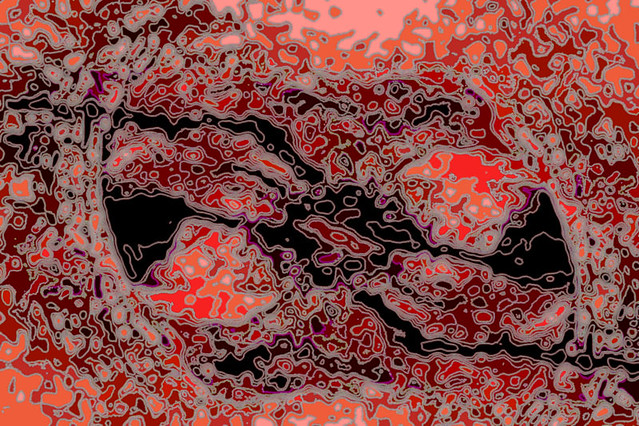pother (alt. puther) /PAW-t~her/. noun or verb. A vocal commotion; loud turmoil; a thick cloud of dust or smoke. As a verb, to cause a pother (naturally) but also to trouble one/oneself over a mundane or trivial matter. Origin unknown, but likely derived from the rhyming bother. See also: dither, ado, tizzy, flap and hurly-burly.
“Then thank heaven we can discuss facts calmly, without a lot of useless pother … facts which I have got from Miss Osgood. For instance, that you are what Mr. Osgood – and many other people – would call an unscrupulous blackguard.” (Rex Stout)
“Oh, what a pother, she thought, women make about marriage! and yet who can blame them, she added, when one recollects that marriage – and its consequences – is the only thing that women have to make a pother about in the whole of their lives?” (Vita Sackville-West)
“All this pother of coming to England and seeing lawyers wasn’t to marry her, but to prevent her from marrying anybody else.” (Virginia Woolf)
“What a wonderful pother is here, to make all these poetical beautifications of a ship! that is, a phenix in the first stanza, and but a wasp in the last…” (Samuel Johnson)
“I wish at any rate that any book could wait until I produce the Silmarillion. I am constantly interrupted in this – but nothing interferes more than the present pother about ‘me’ and my history.” (J.R.R. Tolkien)
“Away up the road was a puther of dust, then the flash of glass as the automobile turned.” (D.H. Lawrence)
“Our veil’d dames
Commit the war of white and damask in
Their nicely gauded cheeks, to th’wanton spoil
Of Phoebus’ burning kisses. Such a pother,
As if that whatsoever god who leads him
Were slily crept into his human powers,
And gave him graceful posture.”
(William Shakespeare)
“She made better coffee than anyone in the house; far better than Mr Challis, who went to the most terrific pother with special earthenware saucepans from Paris and a very difficult sort of chicory that no one else had ever heard of, and exact calculations as to when to add the coffee to the water, and goodness knows what, and then produced a correct but unexciting beverage hardly worthy of all the fuss.” (Stella Gibbons)
“What’s Fame with men, by custom of the nation,
Is call’d, in women, only Reputation:
About them both why keep we such a pother?
Part you with one, and I’ll renounce the other.”
(Alexander Pope)
“A pother of Gaeltacht turf smoke. Every time
He came to the house, he would go and stand
Gazing at it, grunting a bit and nodding.”
(Seamus Heaney)




